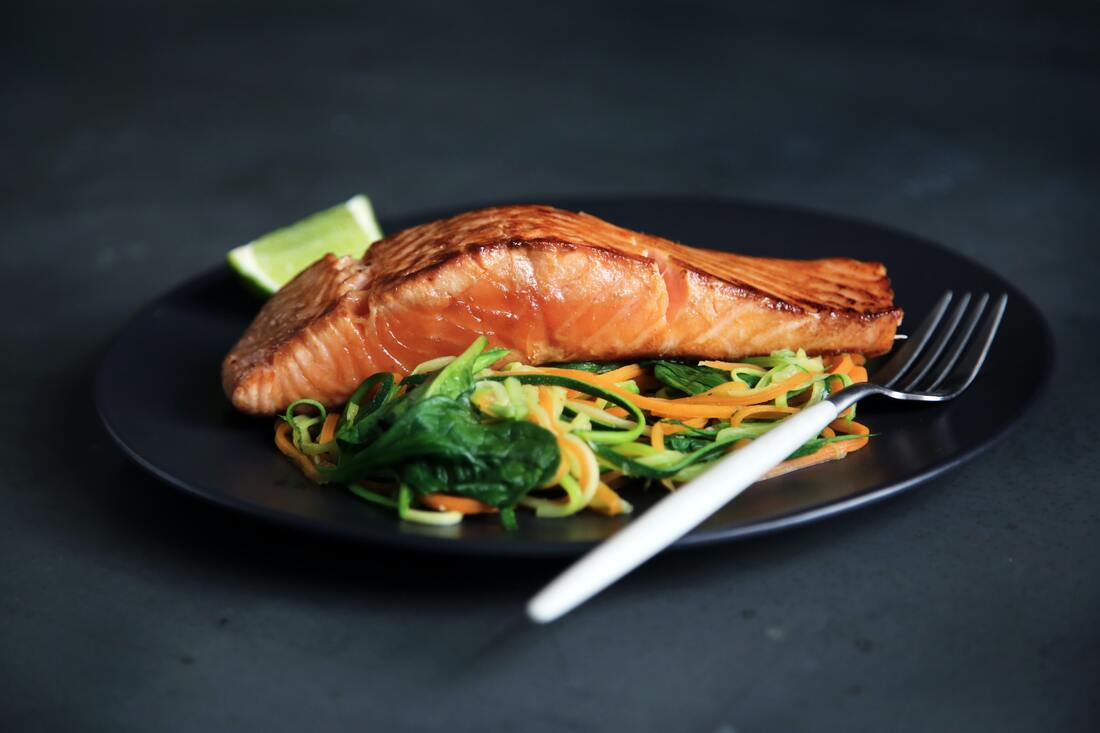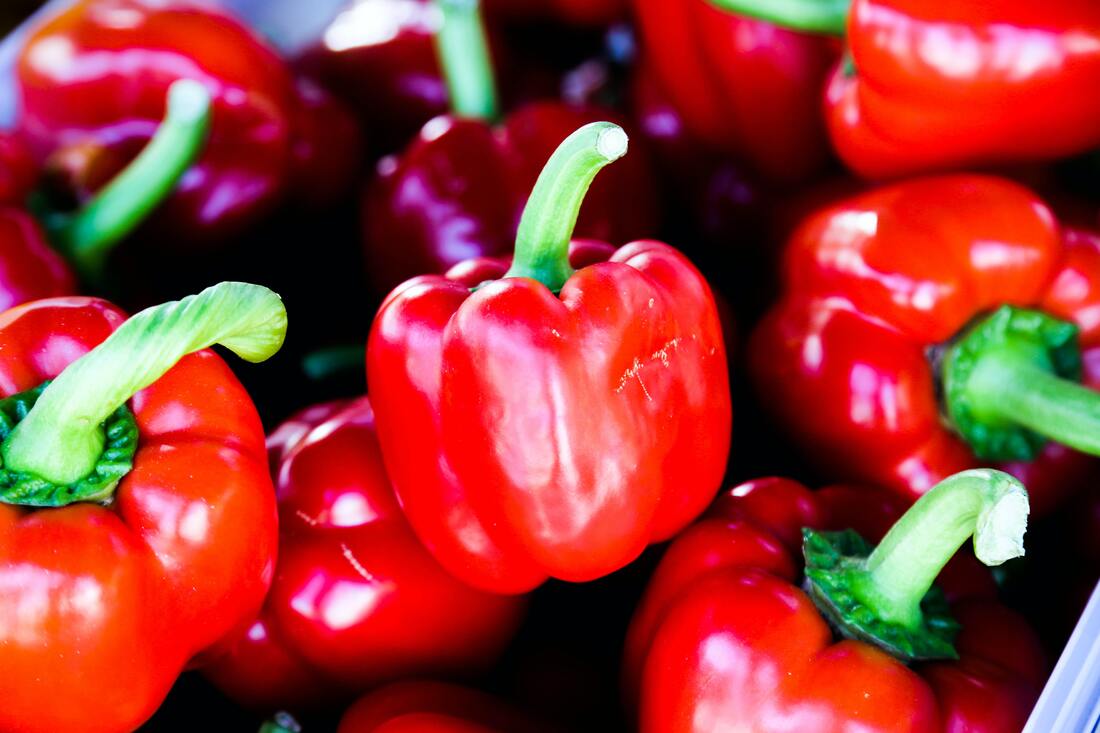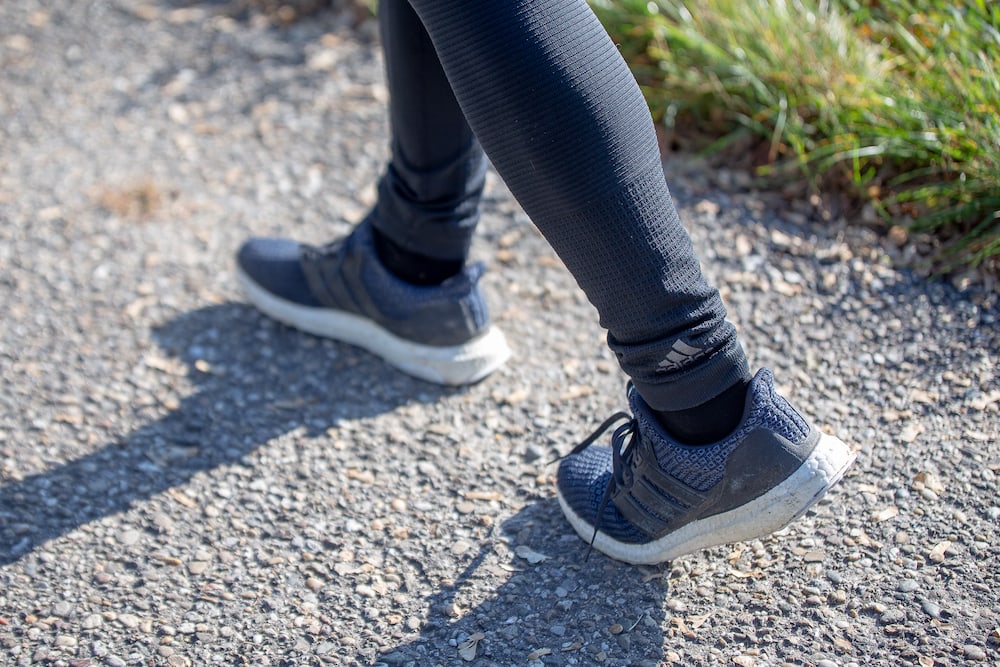Free radicals age you prematurelyIt's said that our skin is a window into our inner health.
That may not be true for marathon runners, whose skin belies their inner fitness. For others, naturally healthy-looking skin says something about how we take generally care of our health. For skin, damage prevention is the number one strategy. We need to prevent damage from the sun and the environment, and damage from poor food choices. And improve your balance and postureI found myself sweating, even though I was only walking up a gently sloping path. The effort surprised me because I run 5km daily and sprint up steeper slopes without too much effort.
That day convinced me that walking backwards had a lot to offer. Doing it was challenging the coordination between my brain and body, and using muscles which were otherwise poorly trained and inefficient. That's why I was sweating for such a low level of activity. As well as running daily, I also walk 5km daily, which is part of my recovery routine for the daily running. During my walk, I now find ways to walk backwards - most often up slopes or on the beach. Protects your brain and reduces your wrinklesWe know about the immune-support properties of vitamin D, currently the subject of many studies examining its ability to help our immune system resist Covid19.
We know about the antioxidant effects of vitamin C, and vitamin E, both of which limit the impact of free radicals and reduce chronic inflammation. (Antioxidants neutralise free radicals which are molecules that cause cellular damage when their levels become too high. Damage caused by free radicals is associated with numerous chronic conditions, including cancer, heart disease, and diabetes.) Asparagus ranks as an excellent source of both vitamin E and vitamin C. It is also a good source of a vitamin which you have probably never heard of before - vitamin P. In fact, vitamin C and vitamin E work synergistically to enhance the antioxidant effects of vitamin P. I can now nasal-breath for the first time ... Photo by Massimo Sartirana on Unsplash One hundred and thirty-eight days ago, on July 7th, 2020, our city went into a tight COVID lockdown. We were only allowed out for one hour daily (plus essential trips) and masks were compulsory.
If exercising, masks were optional. Since we propel massive volumes of moist air from our lungs when running past people, I chose to wear a mask. Today restrictions were lifted. I trail run 5km daily, so that meant I ran 138 days with a mask. It wasn't what I would call enjoyable, but it did have some benefits. Today, running without a mask for the first time since lock-down, I was able to sustain my pace just breathing through my nose - that's a first. Weight loss and late-night meals ... Photo by Ussama Azam on Unsplash
In nutrition (and fitness) it's hard to differentiate between fact, myth and personal bias. And boost your brain health Photo by Alex Motoc on Unsplash The choices you make at the grocery store can have an impact on the inflammation in your body. Scientists are still unravelling how food affects our inflammatory processes, but they know a few things.
In simple terms, sugary high-processed foods help release inflammatory messengers that can raise the risk of chronic inflammation. Other foods like fruits and veggies help your body fight against oxidative stress, which can trigger inflammation. Add walnuts to your shopping list - they fight inflammation and have other desirable side-effects such as helping us sleep better. You can lower your blood sugar with the right timing Photo by Caroline Attwood on Unsplash If you have diabetes, you're always conscious of the need to keep your blood sugar under control.
Controlling your blood sugar can avoid long-term complications, including eye disease, kidney problems, nerve problems, cerebrovascular disease such as strokes, and cardiovascular diseases such as heart attacks heart failure and high blood pressure. Here's a way to dial up your efforts: Consider the timing of your workouts after meals. This advice is aimed at Type 2 diabetics and in particular those who are not insulin-dependent.  Photo by Vishang Soni on Unsplash 4 ways you'll feel better after eating fruit and vegetables for a weekMost adults don't eat enough fruits and vegetables. In fact, dietary intake of several nutrients found in fruits and vegetables — including potassium and dietary fibre — is low enough to be a public health concern for both adults and children in the US, and in Australia.
"The bottom line is that most Aussies are not eating enough vegetables each day," Alexandra Parker, accredited practising dietitian of The Biting Truth, told HuffPost Australia. The health consequences can be serious. For example, there is compelling evidence that a diet rich in fruits and vegetables can lower the risk of heart disease and stroke. A study of over 100,000 mean and women over 14 years found that, compared with those in the lowest category of fruit and vegetable intake (less than 1.5 servings a day), those who averaged 8 or more servings a day were 30% less likely to have had a heart attack or stroke. And add some fenugreek seeds ... Photo by Gábor Szűts on Unsplash Is coffee good for you? It could be, in moderation.
Coffee has had a hot-and-cold reputation when it comes to health benefits. Not long ago, I was learning about the dangers of coffee: how it could raise your blood pressure, make your heart race, impair sleep, and maybe even cause bladder and pancreatic cancer. Now, it seems that drinking two to five daily cups of coffee may protect against heart disease, diabetes, and some cancers. But too much can cause problems like anxiety, nervousness, and insomnia. And if you like Japanese food ... Nato mazesoba | Photo by 8-Low Ural on Unsplash Our body needs vitamin K to produce prothrombin, a protein and clotting factor that is important in blood clotting and bone metabolism, and for regulating blood calcium levels. That is how we usually pigeonhole vitamin K.
However, vitamin K's health benefits have been recently shown [2020] to extend beyond blood and bone health and to benefit chronic low-grade inflammatory diseases such as cardiovascular disease, osteoarthritis, dementia, cognitive impairment, mobility disability, and frailty. There is also interesting, though not definitive, evidence of a direct correlation between vitamin K levels and cognitive performance. Four human studies reported an association of low vitamin K intake or low blood concentrations of vitamin K with cognitive impairment or Alzheimer's Disease. |
ChoicesSince I was diagnosed at 50 with Type 2 diabetes I've been learning how to do bone-building fitness training which lowers my age. You can too. It's your choice. Walter Categories
All
Archives
May 2023
|



 RSS Feed
RSS Feed



